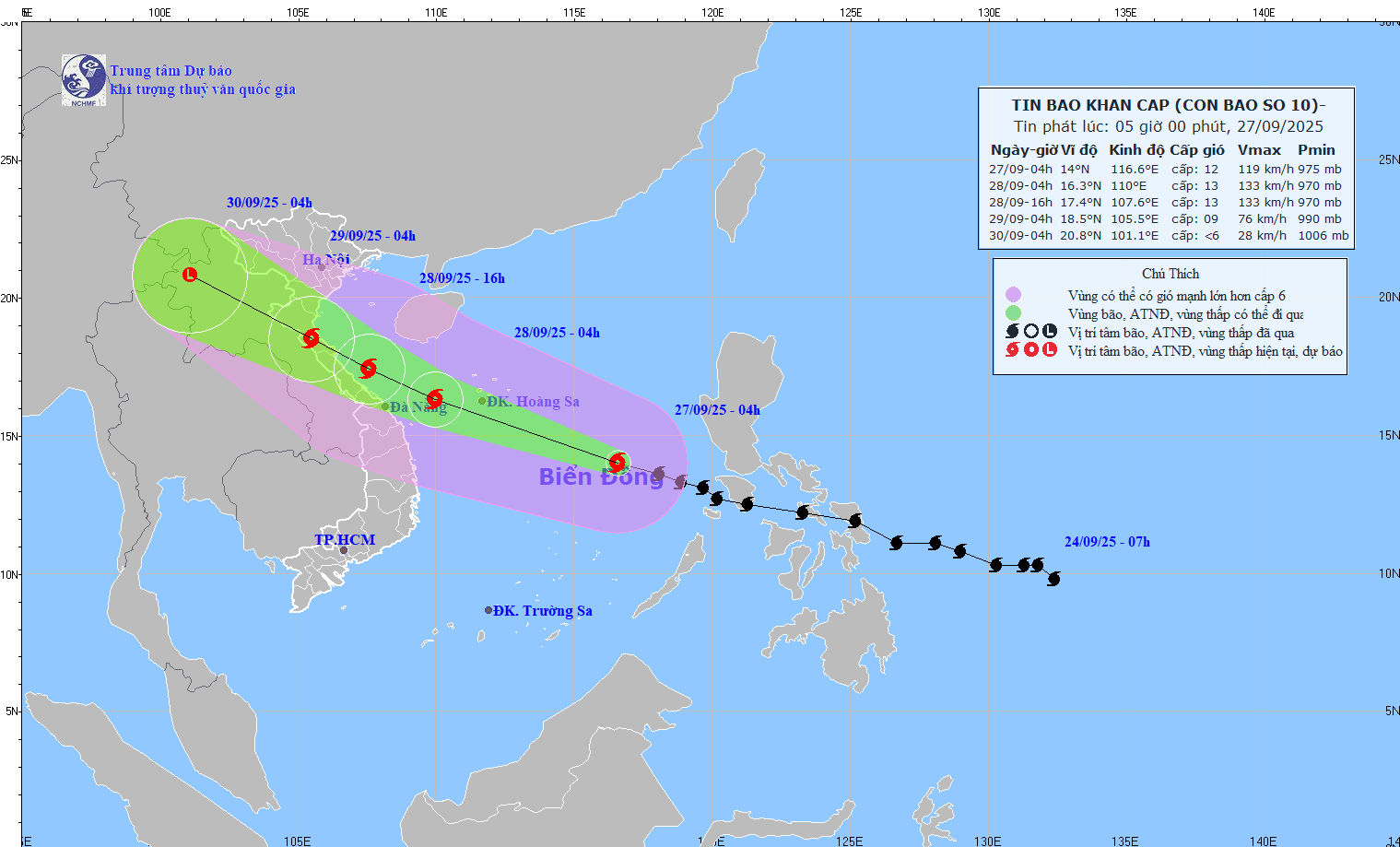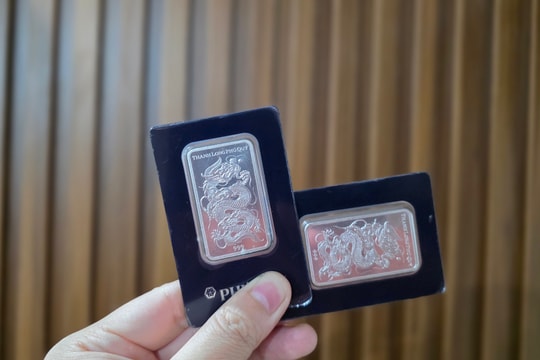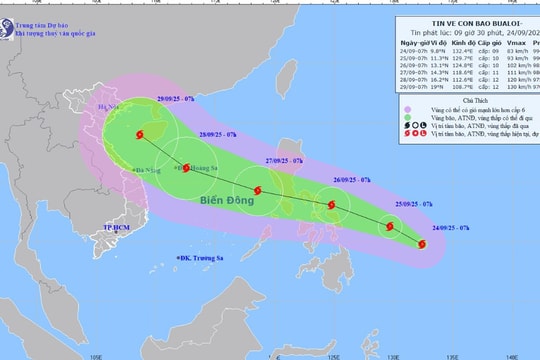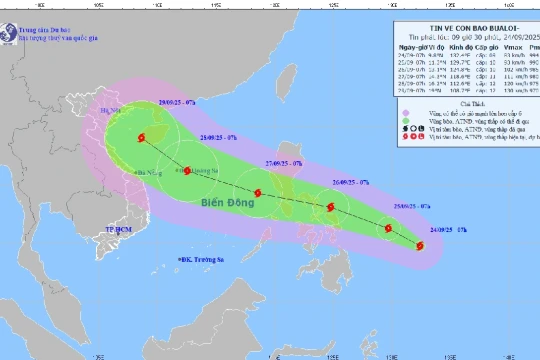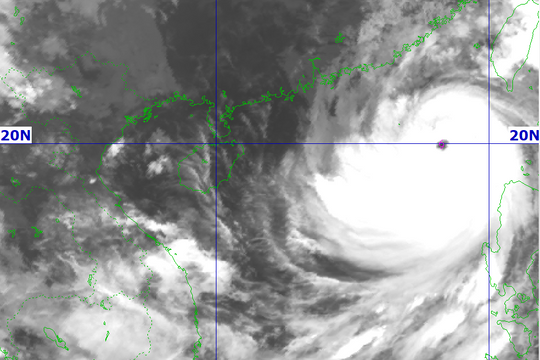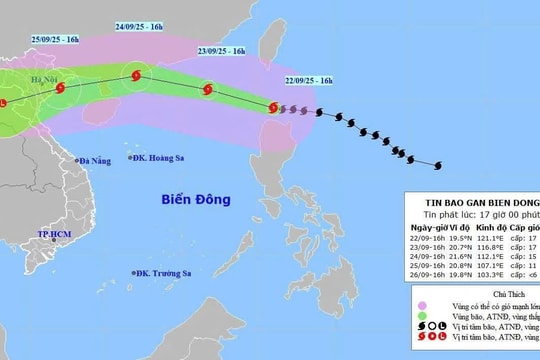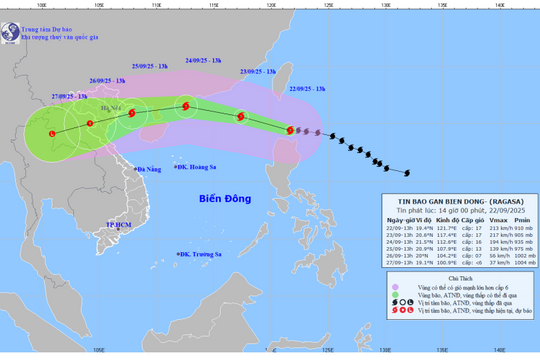US-ASEAN cooperation in the face of regional security challenges
(Baonghean) - On September 30 and October 1, the US Defense Secretary and ASEAN countries had an informal meeting in Hawaii, USA. After the ASEAN-US Special Summit in Sunnylands in February 2016, this was the second time the US and ASEAN had an important meeting within a year, showing the special interest of both sides in cooperation to ensure regional security.
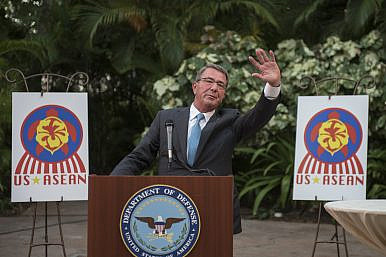 |
| Defense Secretary My Aston Carter affirmed that the US will continue to pursue the “pivot” policy. Photo: Diplomat. |
Highlights of the East Sea
At the meeting, the US Defense Secretary and ASEAN countries discussed many regional security issues such as piracy, terrorism, and natural disasters, but the biggest concern was ensuring freedom of navigation and aviation in the region. This concern stems from the current increasing tension in the East Sea, where some ASEAN countries are having sovereignty disputes with China, especially when China accelerates illegal construction on artificial islands on some reefs and shoals as well as militarization actions in the East Sea. China's moves are said to be creating major challenges for regional security.
According to Singapore's Defence Minister Ng Eng Hen, countries need to find practical solutions to ease tensions. Although Singapore does not have sovereignty claims in the South China Sea, its national interest in the region is to ensure the smooth and safe movement of goods by sea and air.
Mr Ng Eng Hen said that incidents at sea may not involve military vessels, as navies of various countries have established protocols to regulate the conduct of parties in the event of an encounter at sea. However, potential risks have increased between fishing vessels or civilian vessels of various countries.
In response to this concern, the US and ASEAN Defense Ministers discussed ways to prevent escalation of tensions if an incident occurs, including establishing direct communication channels, organizing multilateral forums to discuss disputes, and seeking solutions to resolve disputes.
The Singaporean Defense Minister's views received broad consensus from the Ministers attending the meeting, as the South China Sea is an extremely important maritime trade route for the world, and a rule-of-law order in the South China Sea plays an important role in regional security and economic prosperity.
To keep the sea lanes in the East Sea open and safe, US Defense Secretary Aston Carter stressed that the US military will “not pay any heed to China’s unreasonable claims in the East Sea” and will continue to maintain its presence in the waters and airspace surrounding the islands claimed by China.
In particular, at the meeting, the US side proposed an initiative on “a comprehensive and principled security network”. “This network will help us maintain principles to resolve disputes peacefully, ensure that countries can freely make their own choices without external pressure, and ensure freedom of navigation and aviation in the region according to international law,” said Mr. Carter. The US side also plans to share maritime security issues, especially cooperation between naval forces and coast guards, at the maritime dialogue next year.
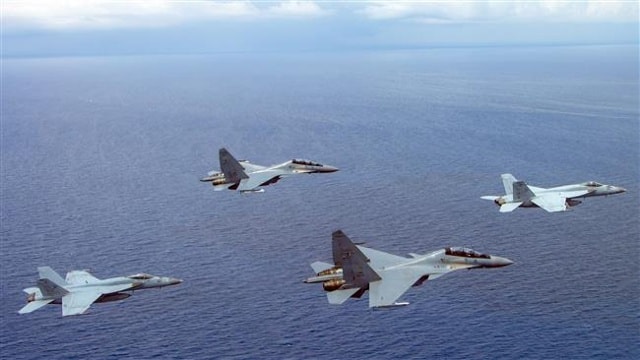 |
| The US will continue to be present in the seas and airspace that China claims sovereignty over. Photo: AFP. |
Clinton or Trump, America still "pivots"
According to experts, this meeting in Hawaii demonstrates the US's commitment to the Southeast Asian region in its rebalancing policy in the Asia-Pacific, similar to the commitment the US made at the Special Summit in Sunnylands in February. Before the ASEAN Defense Ministers, US Defense Secretary Aston Carter once again affirmed: "There will be many opportunities for cooperation, and we ensure that our presence in the region remains strong during the next presidential term."
The economic and security importance of the Asia-Pacific region is the most important factor that makes the US continue its rebalancing strategy, regardless of who will succeed Barack Obama as the White House owner. In particular, ASEAN is considered by the US as "rebalancing within rebalancing". Economically, with the birth of the Trans-Pacific Partnership (TPP), the role of Asia-Pacific, including ASEAN, will become important in US policy.
In addition, with the establishment of the Economic Community, a unified ASEAN market will be more attractive to US investors than 10 individual countries. Regarding security, whether Hillary Clinton or Donald Trump becomes US President, it is certain that maintaining maritime security and safety in the East Sea will always be Washington's foreign policy priority.
On the ASEAN side, the cooperative relationship with the US as well as other partners outside the region is also identified as very important for peace, security and development. The responsible participation of the US will help ASEAN realize the goal of the ASEAN Community 2025 and beyond.
However, some analysts believe that the “pivot” is a product of the Barack Obama administration. For this policy to continue in the next administration as committed by the US, ASEAN countries themselves need to be proactive and cooperate for the common good.
Therefore, strengthening ASEAN-US dialogue, including informal dialogue to consult and enhance understanding of each other's policies and priorities is very important. General Ngo Xuan Lich, Minister of National Defense of Vietnam, also said that, along with mechanisms such as the East Asia Summit, the ASEAN Regional Forum and the Shangri-La Dialogue, the informal meeting of US and ASEAN Defense Ministers in Hawaii is also an effort to ensure security, maintain peace, promote cooperation and development in the region.
Thuy Ngoc
| RELATED NEWS |
|---|

